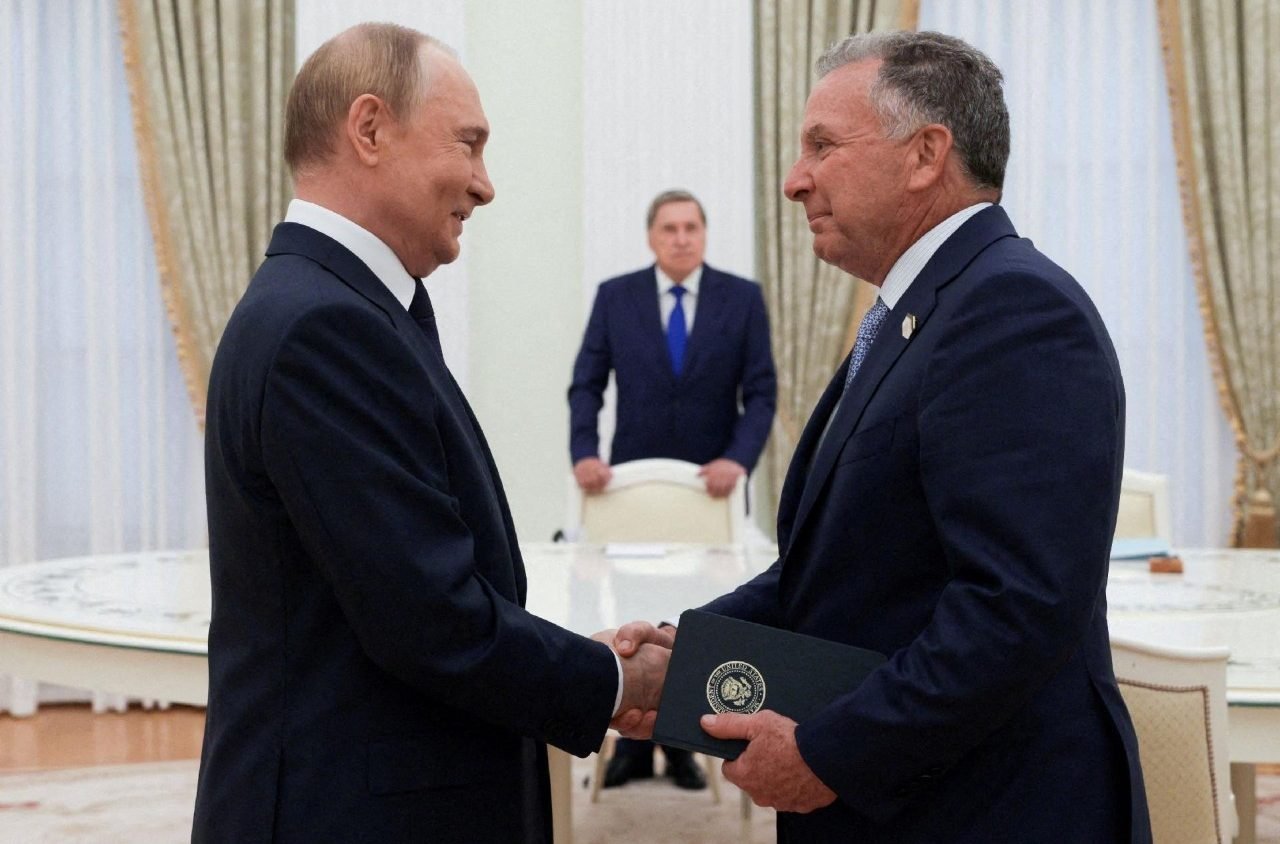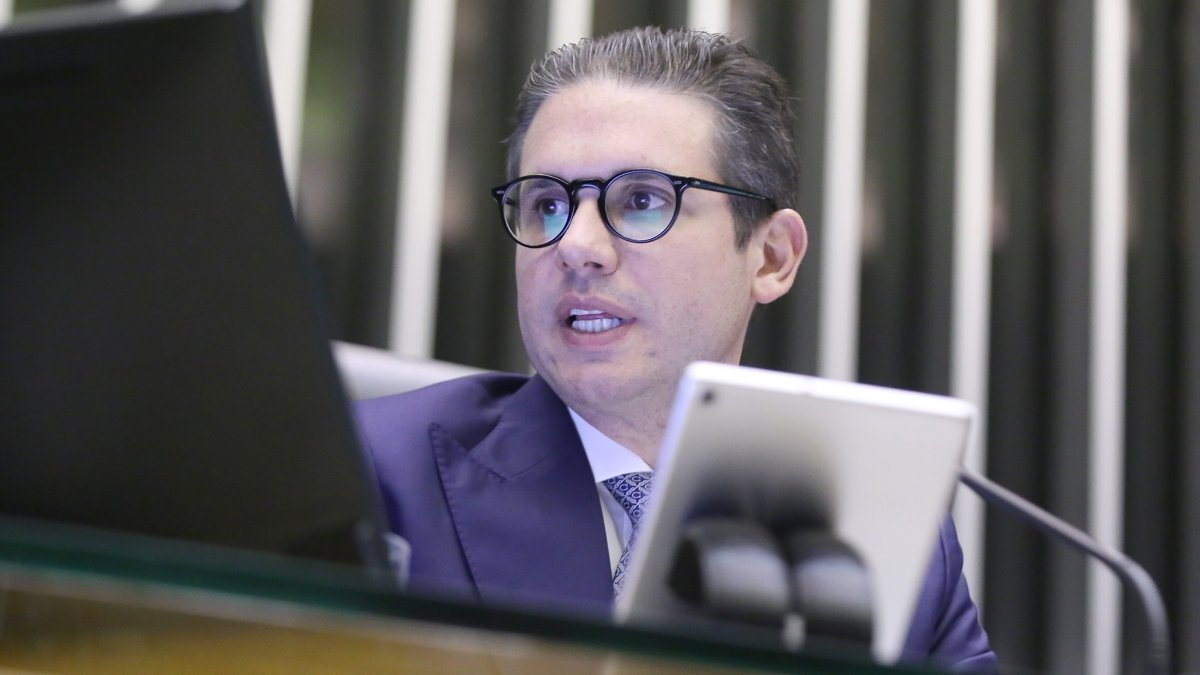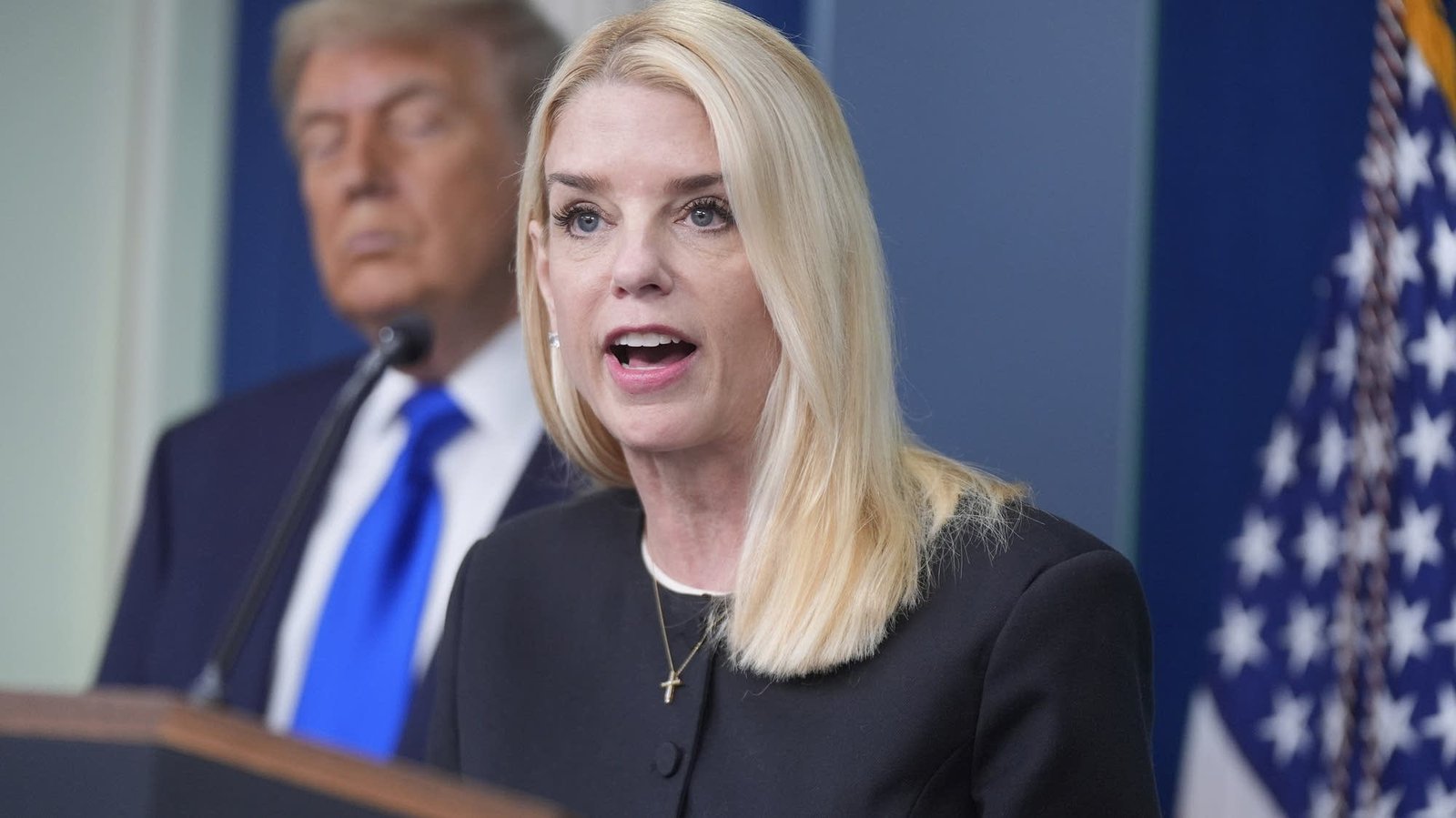
Officials say U.S. President Donald J. Trump is seeking a direct, face-to-face meeting with Russian President Vladimir Putin as early as next week, in a bid to end Moscow’s war against Ukraine. The announcement followed talks between U.S. envoy Steve Witkoff and President Putin in Moscow.
By Stefan J. Bos
With the clock ticking on a take-it-or-leave-it deal, Russian President Putin welcomed U.S. envoy Witkoff at the Kremlin.
Witkoff arrived just ahead of President Trump’s Friday deadline for Russia to agree to a ceasefire in Ukraine, or face sweeping new U.S. sanctions.
Officials described the discussions between Witkoff and Putin as “useful and constructive,” but gave no further details.
However, sources familiar with the meeting say a temporary pause on Russian drone and missile strikes is being considered, following recent attacks that killed scores of people across Ukraine, including in the capital Kyiv.
Soon after the talks, President Trump said he’s ready to meet Putin in person as early as next week — possibly in a third country.
Trump suggested Putin’s willingness to engage may be linked to his announcement of new tariffs on nations like India, which continue purchasing Russian oil. “We’ve made a lot of progress, and as you know, we put a 50 percent tariff on India, on oil,” Trump told reporters. “They’re the second-largest. They’re very close to China in terms of the purchase of oil from Russia. But, so I don’t know if that had anything to do with it, but we’ve had very productive talks,” he added.
Three Way Summit
Trump is also proposing a three-way summit that would include himself, Putin, and Ukrainian President Volodymyr Zelenskyy, notably excluding any European Union participation.
But the Kremlin has so far shown reluctance to join such a gathering.
Still, Trump insists the talks are necessary to stop the war that began in February 2022, when Russia launched its full-scale invasion of Ukraine.
He is pressuring Moscow with a new package of sanctions that could include blacklisting Russia’s so-called “shadow fleet” — ageing oil tankers used to circumvent Western restrictions.
Revenue from these crude exports is believed to be helping fund the Russian military.
There’s also growing bipartisan support in Washington for a bill proposing massive tariffs — as high as 500 percent — on countries still importing Russian energy.
But some nations, including Hungary and Slovakia, remain deeply dependent on Russian oil and gas.




